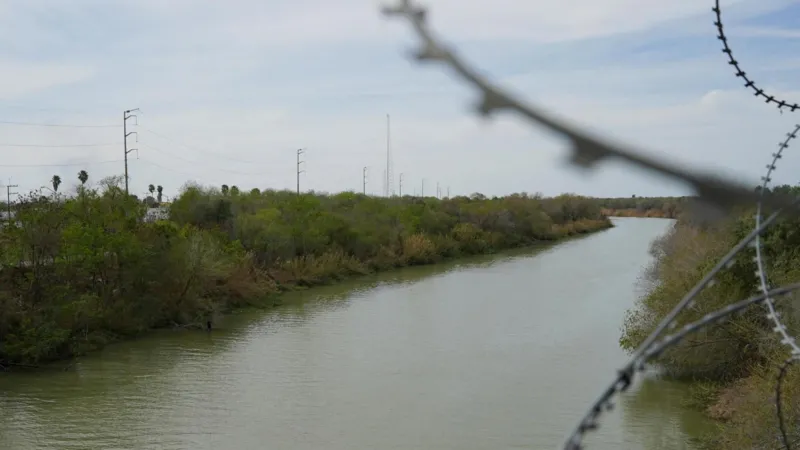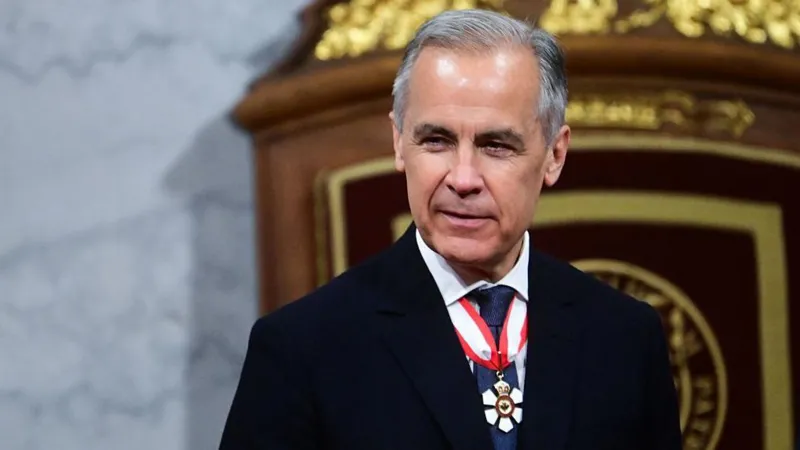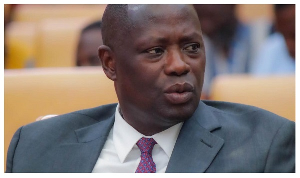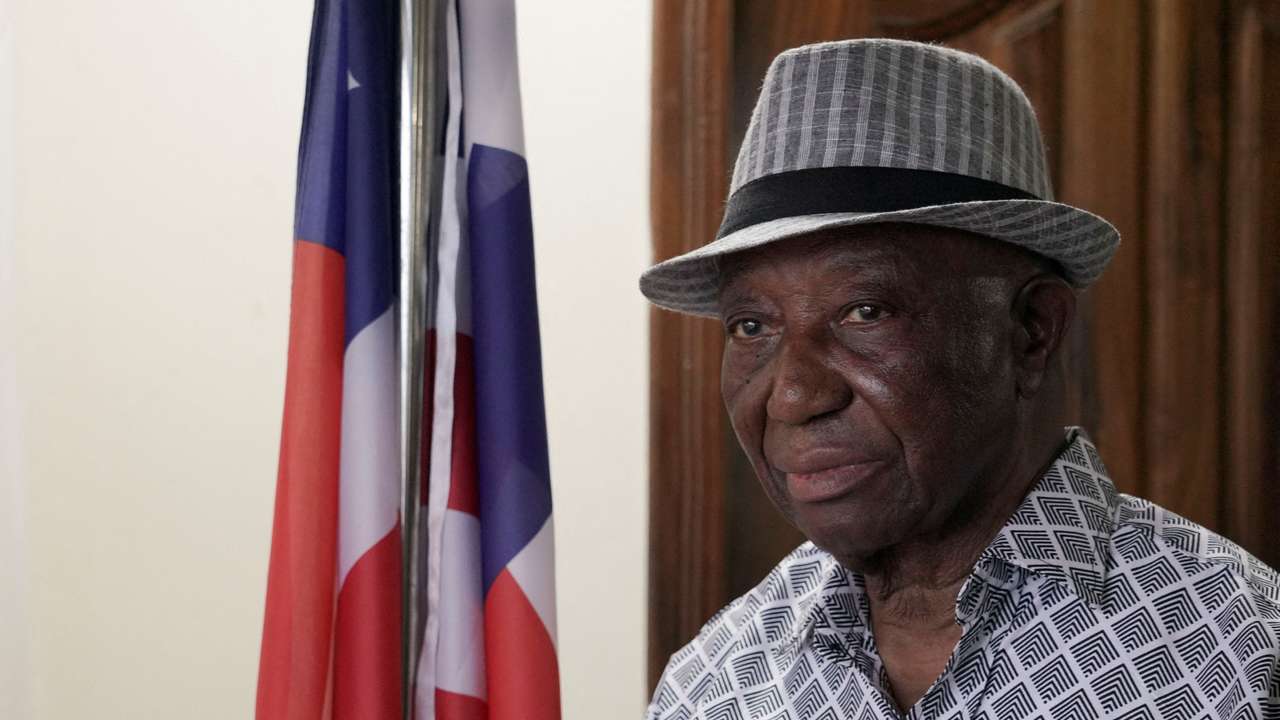Asset Declaration: 55 Appointees & Staffers Defy Mahama’s Order

Fifty-five appointees in the John Mahama administration have defied the president’s ultimatum to declare their assets and liabilities by March 31, 2025.
An analysis by The Fourth Estate reveals that eight out of 55 ministers and deputy ministers have failed to comply with the law and the president’s directive. Similarly, eight out of 32 presidential staffers and 38 of the 84 heads of state institutions appointed between January 15 and March 18 have yet to meet the president’s anti-graft directive as of April 17, 2024.
This means that 32% of the appointees have ignored the president’s directive and failed to fulfill an important constitutional obligation.
Prominent figures on the list of defaulters in the new administration include Seth Terkper, Presidential Adviser on the Economy; Larry Gbevlo-Lartey, Special Envoy to the Alliance of Sahelian States; Nathan Kofi Boakye, Director of Operations at the Presidency; Charles Kipo, Director of the National Investigations Bureau; Nana Yaa Jantuah, a presidential staffer; Alhassan Suhuyini, Deputy Minister of Roads and Highways; Gizella Tetteh-Agbotui, Deputy Minister of Works and Housing; and John Dumelo, Deputy Minister of Food and Agriculture.
Others on the list of defaulters The Fourth Estate compiled through a Right to Information request includes Commissioner-General of the Ghana Revenue Authority Anthony Kwasi Sarpong and Dr Peter Otukunor, who is in charge of Presidential Initiatives in Agriculture and Agribusiness at the Presidency.
President Mahama’s directive
When President John Mahama summoned the Auditor-General, Johnson Akuamoah Asiedu, to the Jubilee House on February 18, 2025, to publicly declare his own assets and liabilities, he sent a strong signal that his government would strictly enforce the constitutional requirement for public officials to declare their assets and liabilities.
He followed the symbolic public gesture with a stern directive to all his appointees to comply with the law by March 31, 2025 or face the consequence.
“I have taken this step to send an unmistakable signal to all public officeholders, especially those that I have appointed that I take the declaration of assets very seriously and expect full compliance from them,” the president declared. “I have asked the chief of staff to send word to all appointees to ensure that they declare their assets by the end of the first quarter of this year, that is by 31st March, 2025. I wish to stress that any appointee failing to meet this deadline would face severe sanctions not excluding removal from office.”
Almost 30 days after the President’s deadline, some ministers and deputy ministers have failed to fulfil perhaps the most important constitutional obligation, something they are required to do either before or after taking the oath of office. Similarly, some presidential staffers who work in the office of the president have defied the directive.
The asset and liabilities declaration requirement are enshrined in Article 286 of the 1992 Constitution and the Public Office Holders (Declaration of Assets and Disqualification) Act, 1998 (Act 550). These demand that public officials including the President, Vice-President, the Speaker, Deputy Speakers of Parliament, ministers and deputy ministers of state, ambassadors, metropolitan, municipal and district chief executives, the Chief Justice and heads of state-owned enterprises, submit to the Auditor-General written declarations of all property or assets owned by, or liabilities owed by them, whether directly or indirectly.
They are to do this upon assumption of office, every four years, and at the end of their tenure.
The process involves picking up a declaration form from the Auditor-General’s Office, filling it out, sealing it, and submitting it back to the Auditor-General.
President Mahama’s highly publicized asset declaration in February was meant to set the tone for a transparent and accountable administration.
“We must not only comply with the law but also demonstrate to the public that we have nothing to hide,” he told his appointees during the meeting.
But the findings by The Fourth Estate raise questions about the level of compliance by his appointees and whether they are as committed to transparency and accountability as their boss sought to demonstrate.
“Even as we strive to hold the past government accountable for their stewardship, I deem it even more imperative to enforce anti-corruption [laws] among our present public officeholders,” President Mahama said of his resolve to enforce the law. “Charity, they say begins at home. I am therefore determined that we fight corruption vigorously so that the precious little resources that has been entrusted to us by the Ghanaian people are used only in their interest.”
Mahama’s first term defaulters
President Mahama’s appointees have a history of non-compliance to the asset declaration law.
In October 2015, when President John Mahama sat behind the microphones of Twin City Radio in Takoradi, he was categorical that all his appointees had fulfilled their asset declaration obligations.
In reality, however, only 31 ministers out of 101 ministers who served in Mr Mahama’s first term (from 2013 to 2017) fully complied with the law. 11 ministers completely failed to comply. More than 50 others partially complied – either whiles in office or at the end of their tenure.
Mahama’s 11 ministers who never declared their assets from 2013-2017
Sack them all — Domelevo
A former Auditor General, Daniel Yao Domelevo, told The Fourth Estate that those who fail to declare their assets should face severe consequences.
He stated that the constitution clearly requires public office holders to declare their assets before assuming office. While he disagrees with the President’s deadline, which he says does not align with the constitutional requirement, he emphasized that the defaulting appointees have not only violated the law but also disrespected the President.
“You’re supposed to declare before even going into office,” Mr. Domelovo says. “If I were the president, you’re gone, nothing will save you. The president has given a directive that does not conform with the law. [But] at the minimum, you should respect [his ultimatum].”
CHRAJ’s position
Mr Domelevo also takes issue with the Commission on Human Right and Administrative Justice (CHRAJ) over what he claims is the commission’s soft stance on defaulting public officeholders.
“I have been on CHRAJ that they are not helping us because anyone who is sent [to CHRAJ is just told] to ‘go and sin no more.’ This should not be tolerated,” he says.
When The Fourth Estate contacted the Commissioner of CHRAJ, Joseph Whittal, regarding the consequences for failing to declare assets, he said he was unable to share his position, as he had already submitted it for consideration in the draft 2021 Conduct of Public Officers Bill, which is yet to be passed.
“The final version is in the AG’s office. I don’t want to venture into something that is outside of what I have myself recommended. Because I don’t have a copy of the final version to look on,” Mr. Whittal said.
He, however, indicated that his position is reflected in CHRAJ’s ruling on the petition against the Chairperson of the Electoral Commission, Jean Mensa, for failing to declare her assets and liabilities.
According to multiple media reports, CHRAJ concluded that since the EC Chairperson had declared her assets and liabilities with the Auditor General — albeit later than the law stipulates — the complaint did not merit further investigation.
Mrs. Mensah was appointed on August 1, 2018, but declared her assets and liabilities on February 17, 2019. This violated Article 286 of the 1992 Constitution, which requires such declarations to be made before assuming office. However, it aligns with Act 550, which sets the deadline at six months.
CHAJ’s position, contained in its investigative report was that: “Having established in the course of the investigation that the Respondent has now complied with Article 286, albeit late, the Commission is of the considered view that the appropriate action, having regard to the circumstances of the case, is to refuse to investigate the matter any further as further investigation would not be necessary.”
Assets declaration is seen as crucial in fighting corruption by helping to track illicit wealth public office holders may acquire while in office.
According to the law, any assets acquired by a public officer holder after the initial declaration, which does not come from “sources reasonably attributed to income, gift, loan, inheritance or any other reasonable source would be classified” as illegal.
Find the full list of President Mahama’s appointees who have defaulted in declaring theirassets and liabilities as of April 17, 2025 below
https://drive.google.com/file/d/1pikbvEPskUTJwZtBq6b71MV8siCUSr5y/view?usp=sharing








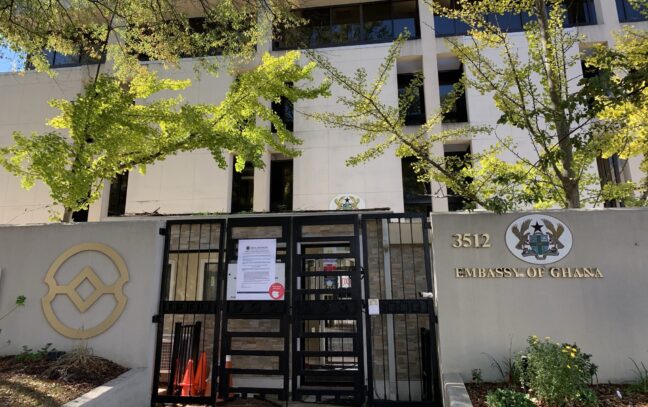













:max_bytes(150000):strip_icc():format(webp)/Health-GettyImages-ToothpasteOnAcne-4ea4cfedb2224b0fb601e61b59913d06.jpg)

:max_bytes(150000):strip_icc():format(webp)/Health-GettyImages-1884986319-66db20f6180d468f8183118af4d289ff.jpg)






